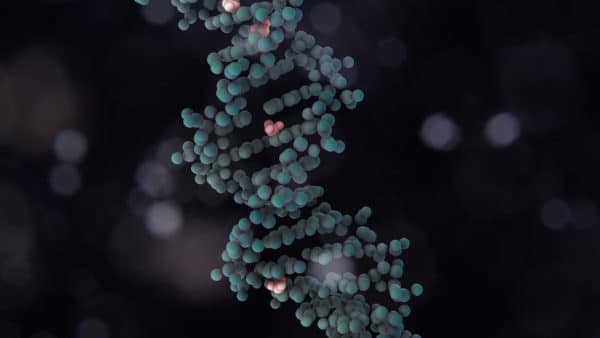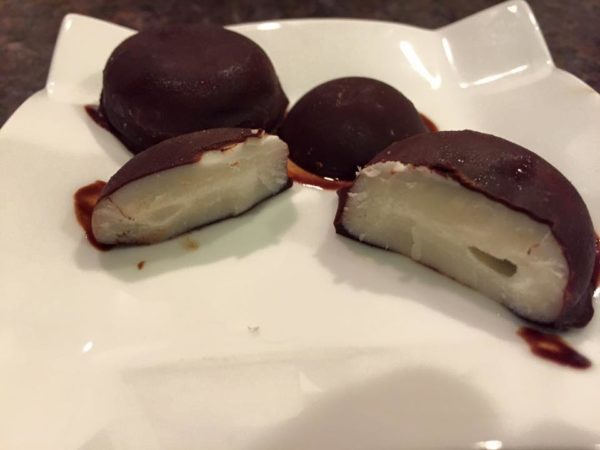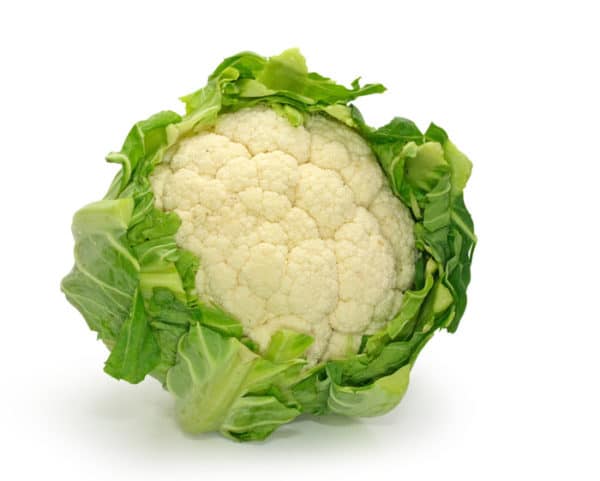
[et_pb_section fb_built=”1″ admin_label=”section”][et_pb_row admin_label=”row”][et_pb_column type=”4_4″ parallax=”off” parallax_method=”on”][et_pb_text admin_label=”Text”]

I’ve written before about spices that help your body have a more efficient digestion. I’ve also written about foods that keep blood sugar from spiking.
Let’s take a look at food can protect against the damaging effects of over-exposure to the sun!
Before we talk about the foods that help protect the from UV damage, I need to share the dangers of the sunscreen products that are commonly used.
You need natural sunshine, but use the right sunscreen and common sense

Use the EWG site to find a mineral sunscreen containing zinc oxide. Uncoated zinc oxide effectively blocks and reflects, rather than absorbs, the sun’s rays. Three are a number of natural sunscreens containing

The top 5 foods that can help your body enjoy the sun!
Red, pink, and orange fruits and veggies
Lycopene is a natural pigment and a super antioxidant. It is found in tomatoes and other red, pink 
Besides tomatoes, other good sources are watermelon, lycopene, sweet red peppers, asparagus, and purple cabbage.
Beta-carotene/provitamin A foods are yellow and green foods that are beneficial for the skin. Beta-carotene has also been linked to reduced reactions to sunburn. Think about it – carotenoids are involved in the light-protecting system in plants, after all! As micronutrients in the diet, they are distributed into light-exposed tissues where they provide systemic

Winter squash and pumpkin are also an important food source of carotenoids. Recent research studies have documented just how fantastic they can be when it comes to these key antioxidants. For some groups of study participants, winter squash turns out to be their primary food source of alpha-carotene and beta-carotene. For lutein, zeaxanthin, and beta-cryptoxanthin – three other health-supportive carotenoids – winter squash is again among the top food sources
Another advantage to eating foods high in beta-carotene is that it can actually add some color to the skin.
Omega 3 Essential Fatty Acids
Organic healthy fats and essential fatty acids are really needed to amplify the benefits of the sun’s rays. Omega-3 fatty acids have incredible anti-inflammatory powers. Research suggests these compounds can help protect cells from free radical damage like that caused by the sun. Another study found that adding omega-3 rich foods to the
Most Americans do not get enough omega-3 fats and eat way too many omega 6 fats because they are so many processed foods. I spend a lot of time with my clients discussing ways for them to change their ratio of omega 6 to omega 3 fats. It should be close to 3 to 1. Most Americans have a ratio more like 25 to 1 or even higher! Here’s a fun chia pudding recipe loaded with omega-3s.
A study published in 2011 in Experimental Dermatology suggests that omega-3 fats exert benefits on the skin relating to potential
The study also suggested that combining dietary and topical sunscreen measures may optimize human skin protection from sunlight.
Dark chocolate
I love it when science supports my vices! Actually, dark chocolate has
Cruciferous Veggies
Cruciferous vegetables have so many benefits. In addition to being important in hormone balance, detoxification and gut health, they are packed with antioxidants. Some, like broccoli, also contain sulforaphane, which is linked to increased protection for the skin from the sun.
Additionally, lab studies have shown that sulforaphane can stimulate enzymes that detoxify carcinogens before they damage cells, thus they can protect from UV damage from the sun. Read all about the many benefits of cruciferous veggies here.
Greens

Ready to help your clients, patients, loved ones, and yourself?
If you are ready to learn even more about digestive health and nutritional endocrinology, consider applying for my “Nutritional Endocrinology Practitioner Training.” You’ll learn to understand the macro- and micro-nutrients and how they interact with hormones and body functions, plus you’ll learn how to work with appetite, digestion, sleep, and blood sugar issues. Learn more and apply here. Like much as I have shared here, we interweave food, nutrition, and herbs within our course.
COMMENTS? Have you found a favorite clean sunscreen to recommend to others? Do you have food recommendations to add to my list? Please share if you do!
[/et_pb_text][/et_pb_column][/et_pb_row][/et_pb_section]
Share this:

Are you feeling stuck?
Do you feel as if something is missing from your practice that's keeping you from delivering breakthrough outcomes for your clients?.
Recent Posts
Our Programs
Nutritional Endocrinology Practitioner Training (NEPT)
The Mastery and Certification tier is our flagship program and provides everything you need to feel confident as a practitioner who knows how to get results that lead to healthy and happy clients.
Functional Assessment Mastery
Explore the relationships between the most important hormones and their relationship with nutrition.
Functional Nutrition Mastery
Learn how to support your clients to eat and supplement in a way that reduces and eliminates chronic symptoms.
Medical Disclaimer: The information on this website is not intended to replace a one-on-one relationship with a qualified health care professional and is not intended as medical advice. It is intended as a sharing of knowledge and information from the research and experience of Dr. Ritamarie Loscalzo, drritamarie.com, and the experts who have contributed. We encourage you to make your own health care decisions based upon your research and in partnership with a qualified health care professional.
Disclosure: Sometimes (but not always), when I share resources in my programs, newsletter, and on my website, I'm using an affiliate link, which means I do make money if you buy. My credibility is extremely important to me; therefore, I only endorse the products, services, and people I believe in. DrRitamarie.com is independently owned and the opinions expressed here are my own.
Click here to see our Privacy Policy.











